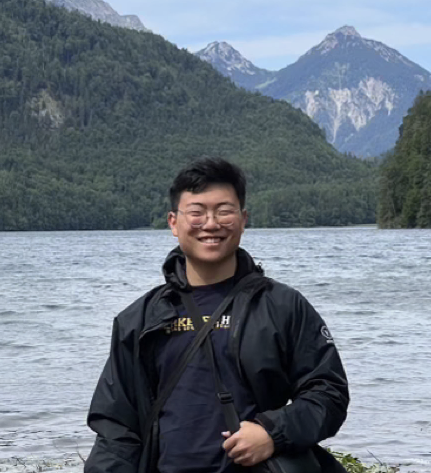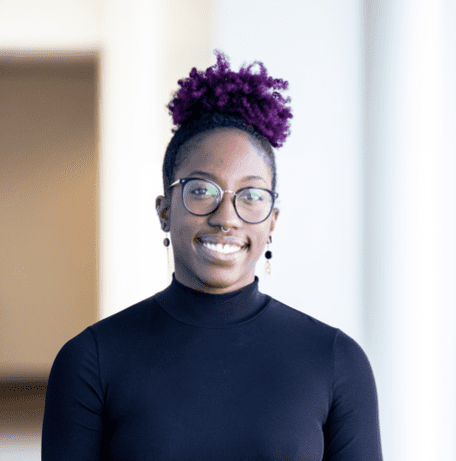Humans of Haas: Ingrid Gavshon
Originally from South Africa, Professor Ingrid Gavshon is a filmmaker, professional leadership coach, and lecturer at the Haas School of Business. Her award-winning documentaries chronicle the life of Nelson Mandela, the HIV/AIDS epidemic, and other human rights topics. Professor Gavshon co-founded the course UGBA 96: Creativity and Leadership and also serves as the Senior VP of Strategic Partnerships at the Berkeley Executive Coaching Institute.
Why do you think authentic leadership is important?
I think authentic leadership is really important because so many people try to model themselves on Steve Jobs, Oprah, Michelle Obama, or people [they] know in their workplace. I think it leads to both bad management and people not feeling fulfilled in their work. I work as an executive coach and I see a lot of people who are struggling with their leadership skills and [finding] their own voice. They have to find their own leadership style. I think the more authentic you can be about your own life experience, the easier it will be, because you know who you are in the world and what makes you unique.
So many people go to work with a mask on. It’s less now with COVID, because we’ve seen people in their homes [on Zoom], but people still put on a mask and feel that they have to show up as a certain person and can’t bring their true selves to work. They feel like they have to be seen as a certain kind of manager and a certain kind of leader.
What did your filmmaking experience teach you about business?
I think I was very privileged as a filmmaker to meet international leaders like Nelson Mandela, Bill Clinton, and the Prime Minister of India. I also [met] some really amazing people who had very little education, or no education. They all taught me such amazing life lessons about humanity, community, and caring for one another.
I learned how to ask people questions. How to get underneath what people were saying, to really listen with intent – not wanting to jump in and ask the next question, but just giving people that space. It’s not always the people with the loudest voices or the first person to jump forward who have the best ideas. Introverts can have really groundbreaking ideas and if only they were asked, they would be able to change the course of a project or an organization, but so so often, people don’t [ask them]. There’s no collaboration or collaborative thinking. I think that a really good leader will make sure they get everybody’s opinion and let everybody be heard.
You coach executives about leadership, but you also coach students. What do you enjoy about teaching students?
I find people fascinating. I like working with people, and I like helping people be the best versions of themselves. I’m sure not every single student I teach thinks I’ve helped them find their voice or creative streak, but I know people come to the courses to connect and explore parts of themselves, and make the biggest difference they can. I want to help [students] aim high and identify their dreams, giving them the building blocks along the way. If I can help somebody who’s an undergraduate find their passion when they are young – what a gift that is for me to help somebody else.


